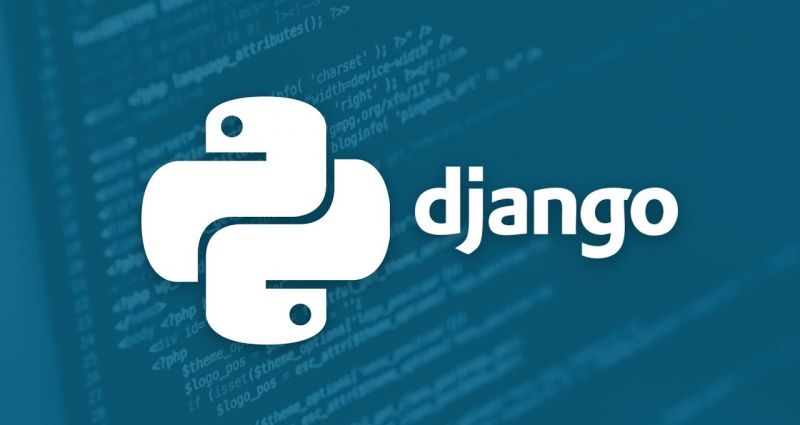SEO Gush
Insights and updates on the ever-evolving world of SEO.
Django: The Secret Sauce for Speedy Web Development
Discover how Django accelerates web development effortlessly. Unlock the secret sauce for building blazing-fast applications today!
Why Django is the Go-To Framework for Rapid Web Development
Django is often regarded as the go-to framework for rapid web development due to its 'batteries-included' philosophy. This means it comes equipped with a variety of built-in features such as an admin interface, authentication, and URL routing, which significantly expedite the development process. Developers can focus more on writing unique application logic instead of worrying about basic web functionality. Furthermore, Django's robust ORM (Object-Relational Mapping) allows for seamless database integration, enabling rapid data handling and manipulation without sacrificing performance.
Moreover, one of the standout features of Django is its modular and reusable code structure which allows developers to build apps quickly and efficiently. The framework's emphasis on best practices and a clean design makes it easier for teams to maintain and scale applications over time. Additionally, Django's strong community support ensures that developers have access to extensive documentation, tutorials, and third-party packages that enhance functionality. All these factors contribute to why Django is a popular choice for startups and seasoned developers alike seeking to accelerate their web development projects.

10 Essential Django Features That Accelerate Development
Django is a high-level Python web framework that simplifies the development process, allowing developers to focus on building their applications rather than dealing with repetitive tasks. Here are 10 essential Django features that significantly accelerate development:
- Admin Interface: Django comes with a built-in admin interface that allows developers to manage application data efficiently without writing a single line of code.
- URL Routing: The framework provides a powerful URL routing system that makes it easy to connect views and templates, enhancing the overall organization of your application.
- ORM (Object-Relational Mapping): Django's ORM allows developers to interact with the database using Python code instead of raw SQL, greatly speeding up database operations.
- Built-in Authentication: Django includes a robust authentication system that manages user accounts, groups, permissions, and more, saving valuable development time.
Additionally, these features not only speed up development but also ensure that your applications are scalable and maintainable:
- Template Engine: Django's templating engine streamlines the process of presenting data, allowing for seamless integration of backend logic with frontend presentation.
- Middleware Support: The middleware functionality in Django makes it easy to process requests globally, enhancing cross-site request handling without cluttering individual views.
- Form Handling: Django specializes in form handling, making it easier to render forms, validate user input, and handle errors effectively.
- Security Features: With built-in protection against common security threats like SQL injection, cross-site scripting (XSS), and cross-site request forgery (CSRF), Django ensures that your application is secure from the start.
- Comprehensive Documentation: Finally, Django's extensive and well-organized documentation is a valuable resource, allowing developers to quickly find solutions and best practices.
How Django's Built-in Tools Boost Your Development Speed
Django comes equipped with a set of built-in tools that significantly enhance your development speed. First and foremost is the Django Admin interface, a powerful component that allows developers to manage the site's data with minimal effort. With just a few lines of code, you can create a fully functional administrative backend that is both customizable and user-friendly. Additionally, Django's Object-Relational Mapping (ORM) enables you to work with databases using Python code instead of SQL, which streamlines the coding process and reduces the chances of errors. This synergy not only saves time but also allows you to focus more on building features rather than managing the database.
Another remarkable feature of Django is its modular structure, which encourages code reusability and rapid development. By employing Django apps, developers can easily compartmentalize their code, making it easier to manage and update individual components. This modularity allows teams to work on different parts of an application simultaneously without conflicts. Furthermore, Django's robust template engine simplifies front-end development by enabling developers to create dynamic HTML with minimal effort. Combined, these features make Django an ideal framework for accelerating the development lifecycle, ensuring that you can deliver high-quality applications in less time.